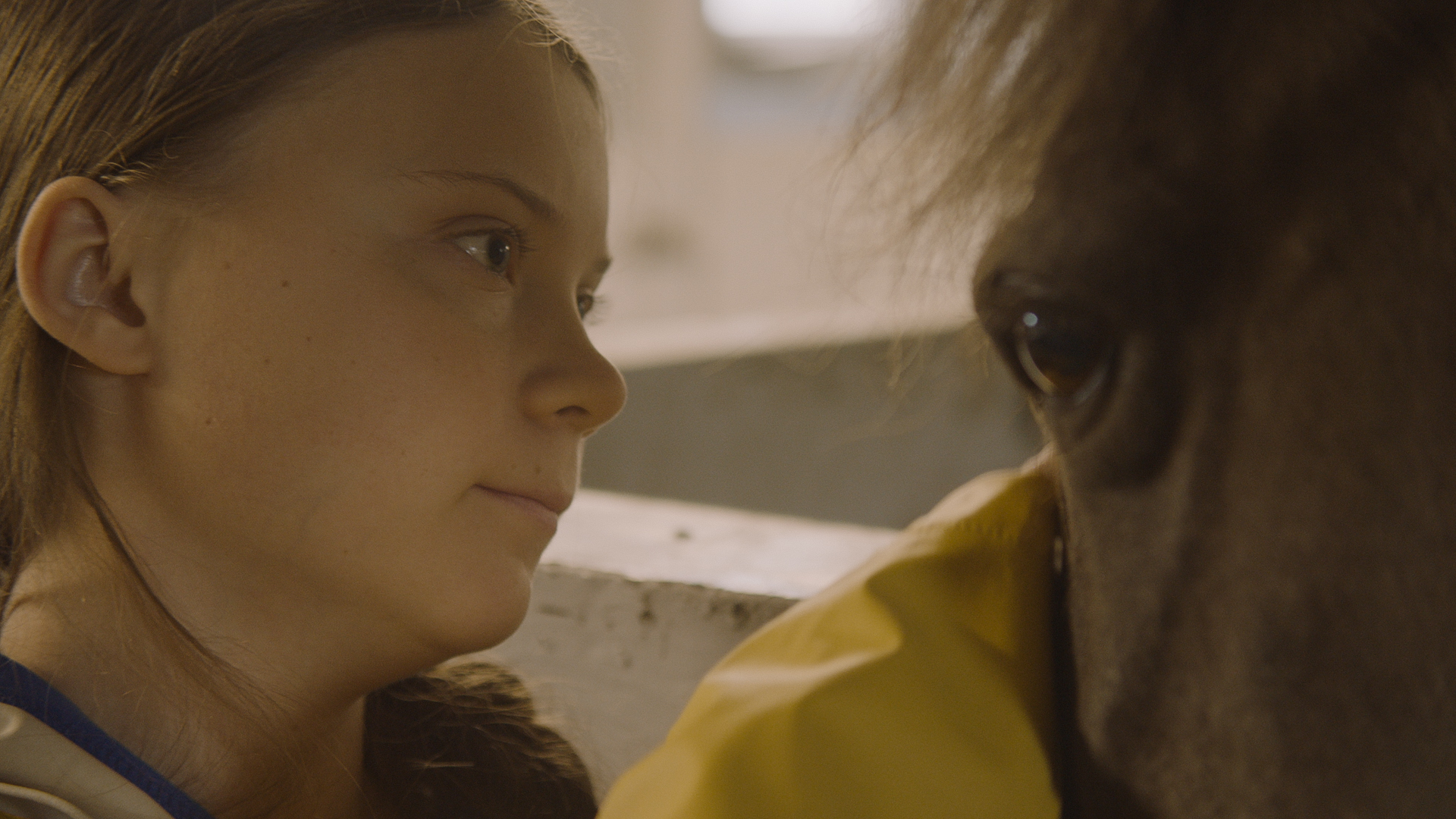50 films from a total of 39 different countries make up the 17th VERSION Film Festival this year, addressing themes of human rights, climate change, the current state of freedom of the press, the struggle of refugees and the abuse of state resources by those in power.
The festival, which is Hungary’s sole human rights festival,
will open today, 10 November at 7pm at the Trafó, which can be followed
online. The works will not be screened at fixed times. Rather, after
registration and purchasing tickets, the films will be available to watch at
any time during the allotted 12 days. After pressing play, you will have 24
hours to watch or re-watch a film. Tickets cost only 900 forints, and a pass for all
50 films can be purchased for 8,000.
Tickets for some films are only
available in limited numbers, but those in the Hungarian category, as well as in the Student-made and Debut competitions, will be free of charge. More information
on tickets can be found here.
Organisers are also preparing this year with roundtable discussions, online audience meetings and professional panels related to each film. Festival director Oksana Sarkisova will be the first to talk to the director of the opening film, 76 Days, which will be available to watch for free to the first 200 registrants.
With support from the Swedish Embassy, there will be a roundtable discussion on sustainability, which will examine the relationship between environmental activism and politics through the film I Am Greta. Another roundtable discussion of Welcome to Chechnya will allow participants to discuss the vulnerability of the LGBTQ communities with UNHCR Central Europe.
FILMS
A world-famous model with Down syndrome discusses the difficulty of her journey alongside her supportive mother in the 2020 documentary Maddy, the Model.
From harvesting timber products to illegal logging operations, Forest Snatchers takes a deep look at the environmental impact of humans.
Smog Town takes viewers to Langfang, a Chinese city 40 kilometres from Beijing, and one of the most polluted areas in the country. Intense pressure from Beijing encourages the city to combat the smog which regularly blankets the city, but how do you navigate between the interests of the government, and the employees affected by new policy?
Maria Ressa and her team have become world-renowned thanks to their fearless, uncompromising journalistic works in recent years, especially in delving into political corruption in the Philippines. The government has repeatedly tried to imprison them, yet they refuse to be silenced, as they discuss in their work on Frontline.
Wake Up On Mars is a harrowing look at the emotional damage refugees must endure. Two teenage sisters lie in a vegetative state, victims of a mysterious malady known as “resignation syndrome”. It is a dissociative syndrome which induces a catatonic state, and affects psychologically-traumatised children and adolescents.
An immersive portrait of Cuba, the American-produced Epicentro won the Grand Prize for Best Documentary at this year’s Sundance Film Festival, delving into Cuba's “utopia” state. 17 Blocks details the disturbing story of the life of one African American family living in Washington, and Vivos examines the after-effects of an armed attack on several busloads of students attending college in Mexico.
Hungarian documentaries are featured in the festival, such as Hűség, Védelem alatt and Visszatérés Epipóba, which tells of a Hungarian summer camp from the 80s where many attendees endured great emotional turmoil.
Tickets and passes for the festival are already available on the website, including special thematic film selection passes.




